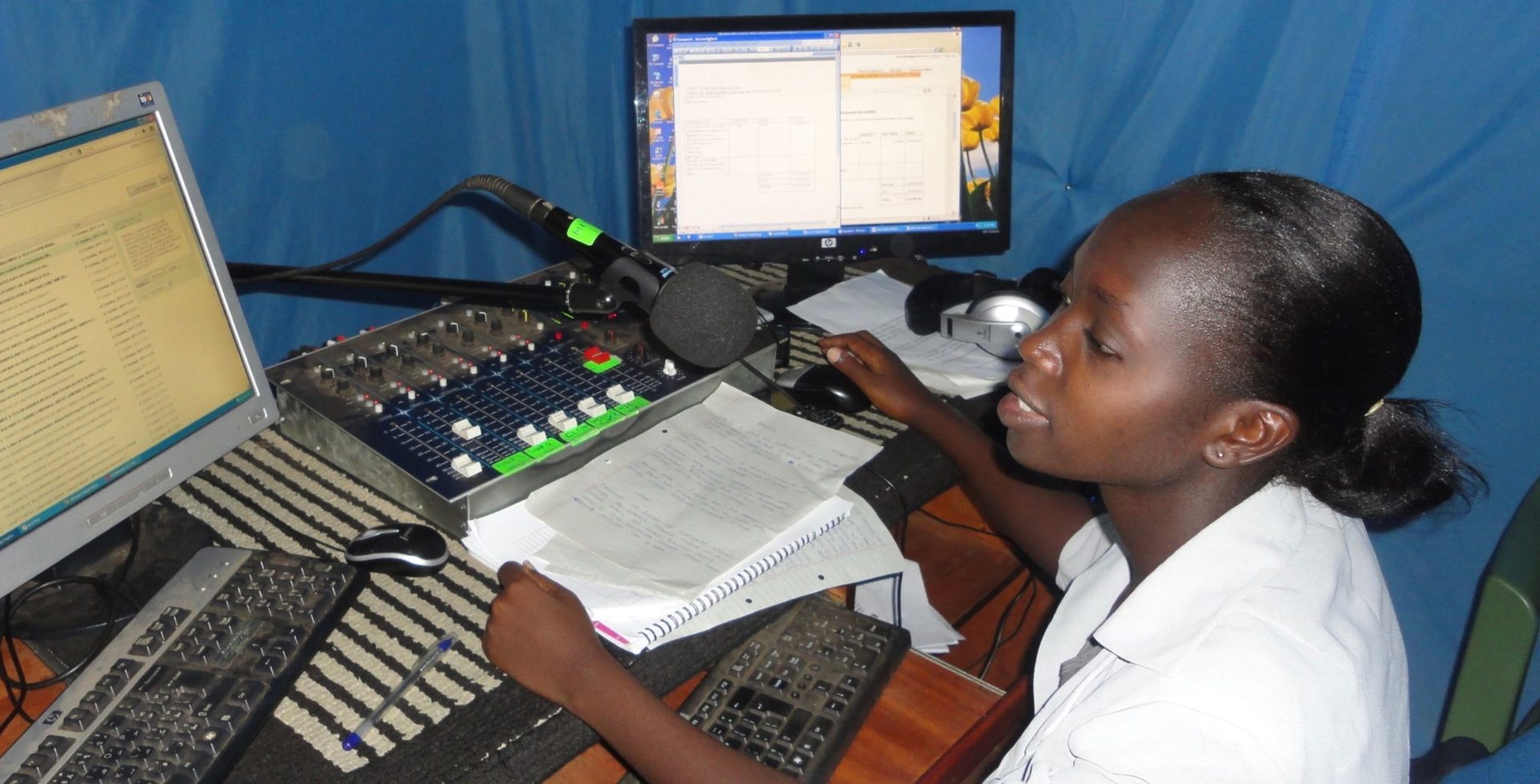
We’re very excited to announce the launch of Numbered Humans, the new podcast from our 2019 Yoti Digital Identity Fellows. In each episode, you’ll hear from Paz Bernaldo in Argentina, Tshepo Magoma in South Africa and Subhashish Panigrahi in India, as they reveal some of the key issues that have emerged during the first six months of their research.
Digital identity in marginalised communities
The COVID-19 pandemic is affecting the livelihoods of hundreds of millions of people around the world and, as expected, the worst-hit are those already living in poverty, and the excluded and marginalised. We know that new technologies have the habit of further exacerbating divides present in the ‘real’ world, but they can also provide new windows of opportunity. Because of this, it feels more timely than ever that our three Fellows are investigating the positive and negative effects of digital identity on local – and often impoverished – marginalised communities.
As expected, social distancing policies have severely impacted on the ability of our Fellows to carry out fieldwork, but this hasn’t affected their willingness to explore new ways of collaborating remotely. Numbered Humans is a great example of this. In the first episode Paz, Subashish and Tshepo share stories of how digital identity is playing out among the marginalised communities in the countries where they live and work.
Many digital identity solutions include the ‘tagging’ of citizens with unique numbers, and the storing of this information (along with much more, in most cases) in centralised databases. Our Fellows are interested in better understanding the implications of these systems, and what it means for marginalised communities. The first episode of Numbered Humans explores some of these issues.
You can find it on Apple Podcasts, Google Podcasts or Spotify, or you can listen online here.
Meet our Digital Identity Fellows
Paz is a development practitioner, researcher and activist investigating the meaning of digital identity among unemployed and underemployed vulnerable people living in the Argentinian cities of Buenos Aires and Mar del Plata.
Subhashish is a former community manager, documentary filmmaker and researcher, looking at the perspectives of some of the most marginalised communities across India impacted by India’s national digital identity program, Aadhaar.
Tshepo is a researcher, strategist and innovator with experience working with Africa’s small business and social enterprise sectors. He is focusing on the role of South Africa’s digital identity program in fighting fraud, looking at the country’s Smart ID program from a human rights perspective.
Explore the website to find out more about the Fellows and their work.

